Nissan is expanding its local EV supply chain by investing £3 billion ($3.8 billion) in its EV36Zero hub – the flagship facility centred around its plant in Sunderland, UK, where it will build three new gigafactories in total for its three EV models.
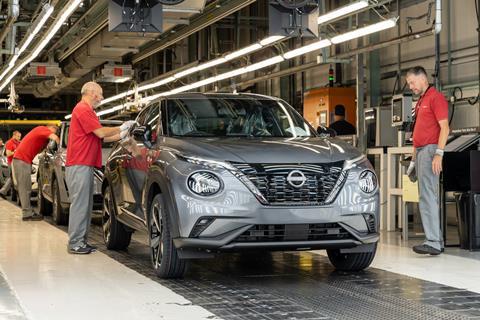
The carmaker said it would be investing in its “blueprint for future manufacturing” with a third gigafactory following the announcement that the UK government will be injecting £2 billion into the automotive industry to drive sustainable growth, as reported on Automotive Logistics’ sister site AMS.
The investment includes up to £1.12 billion into its UK operations and wider supply chain for R&D and manufacturing of the two new models announced today, the Qashqai and Juke crossovers. That investment includes facility and manufacturing process improvements, skills training and tooling for suppliers. This follows the £423m investment announced by Nissan in the first phase of EV36Zero for the first future EV. In addition, the UK government has awarded £15m of funding for a £30m collaborative project led by Nissan. It will strengthen the technical expertise and R&D capability of the Nissan Technical Centre (NTCE) in Cranfield, increasing opportunities for securing additional UK R&D investment in future vehicle models.
Nissan said that both vehicle and battery manufacturing will be powered by the EV36Zero Microgrid, which will incorporate the wind and solar farms at Nissan and will have the capacity to deliver 100% renewable electricity to the carmaker and its neighbouring suppliers.
A new investment zone was also confirmed by the UK government for North East England, creating more opportunities for the supply chain in the region. The North East Investment Zone will focus on advanced manufacturing and green industries, building on the ”arc of innovation” running from Northumberland down to Sunderland and Durham, with opportunities along the Tyne Corridor and benefits felt across the wider region.
“With electric versions of our core European models on the way, we are accelerating towards a new era for Nissan, for industry and for our customers,” said Makoto Uchida, CEO and president, Nissan. “The EV36Zero project puts our Sunderland plant, Britain’s biggest ever car factory, at the heart of our future vision. It means our UK team will be designing, engineering and manufacturing the vehicles of the future, driving us towards an all-electric future for Nissan in Europe.”
Vote of confidence
Rishi Sunak, UK Prime Minister said: “Nissan’s investment is a massive vote of confidence in the UK’s automotive industry, which already contributes a massive £71 billion a year to our economy. This venture will no doubt secure Sunderland’s future as the UK’s Silicon Valley for electric vehicle innovation and manufacturing. Making the UK the best place to do business is at the heart of our economic plan. We will continue to back businesses like Nissan to expand and grow their roots in the UK every step of the way as we make the right long-term decisions for a brighter future.”
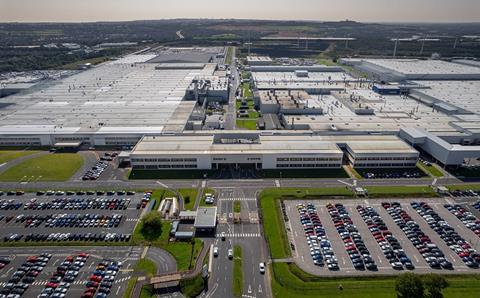
Mike Hawes, chief executive of the Society of Motor Manufacturers and Traders (SMMT), said the announcement highlights the UK’s “investment attractiveness”. He added: “It is tremendous news for the company, its workforce, the region and the UK’s supply chain, which will drive economic growth and decarbonisation across the UK.”
However, there is still significant investment needed in battery manufacturing in the UK to meet domestic demand for EVs, according to consultancy Vendigital. Sheena Patel, the firm’s automotive sector specialist said: “The Faraday Institute has estimated that the UK will require 100GWh of battery manufacturing capacity by 2030 to meet the demands of the automotive industry along with other sectors, and Nissan’s latest announcement demonstrates that the pressure is on to increase capacity.”
She added: “The next big step for the UK must be to address the infrastructure and investment requirements of gigafactories. Many countries are looking to keep battery manufacturing close to EV manufacturing hubs, as moving the critical elements of the supply chain closer to each other will not only reduce the carbon footprint of EV production, but also lower the cost-to-sales – helping to keep this new technology affordable to customers.”
This year, the UK EV industry received a boost when Tata Group announced plans to build a £4 billion gigafactory in Somerset through its new subsidiary known as Agratas, with plans to ramp up production to serve JLR as its anchor client. It’s the most significant battery cell investment in the UK to date.

























![Global[1]](https://d3n5uof8vony13.cloudfront.net/Pictures/web/a/d/s/global1_726550.svgz)


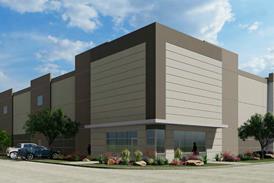



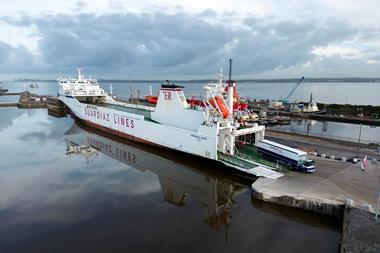
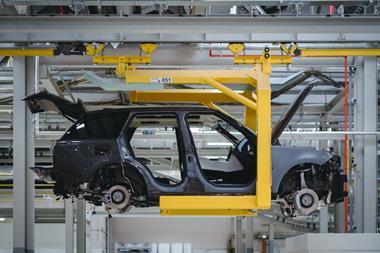
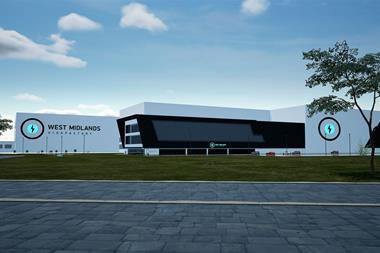
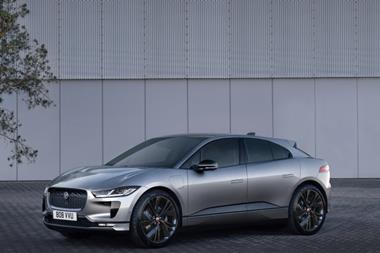




No comments yet